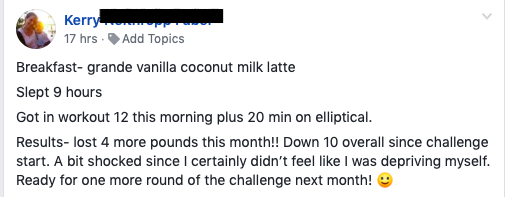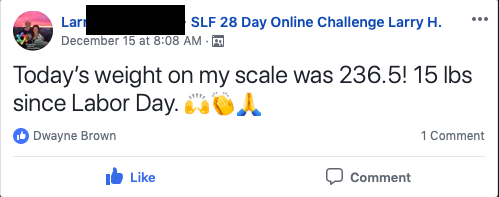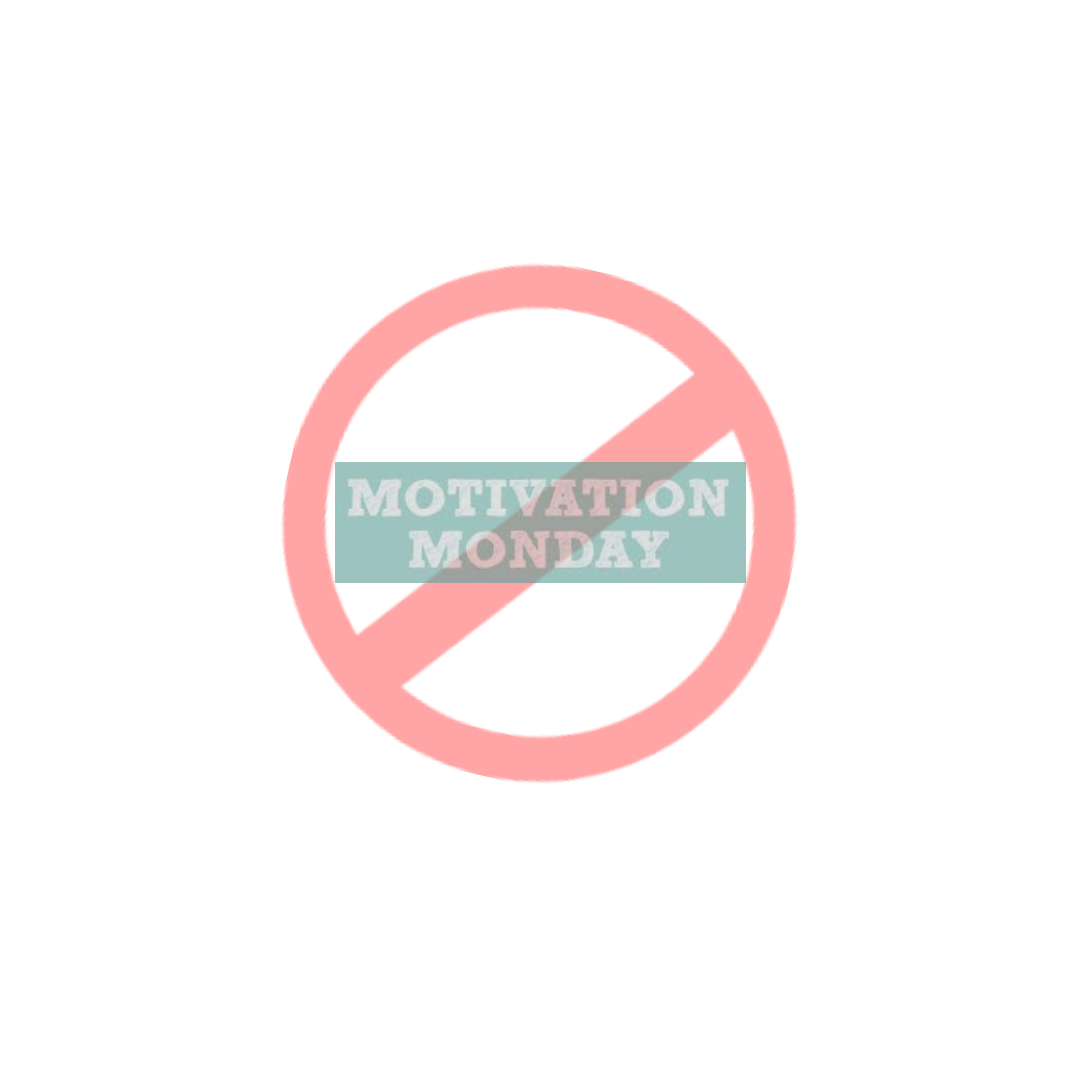Let's talk about expectations.
We all have them and they can be very motivating.The motivations of expectations are where the problems lie, especially when it comes to health and fitness. You would think that something that motivates someone would be a good thing. Normally it is. The problem is motivation built on false expectation ends up becoming demotivating.
Bare with me here.
When it comes to fitness and losing weight we often hear things like "drink this tea or wear this wrap and lose up 20lbs in a month." There is absolutely nothing true about that statement. Again, to be clear, there are no teas or wraps that will make you lose weight. This sets is a false expectation.
If you didn't know any better (which you now do) that would sound like a awesome deal. Who wouldn't want to lose 20 pounds? In a month no less. See super motivating.
Until you don't lose the weight. Then you're like what happened. You drank all the tea. You drank it exactly when they told you to drink it. You only lost 8 pounds. That's no where near 20. Now you're thinking why'd you even bother? Not so motivated anymore right?
Here's the thing though: 8 pounds is a great and very sustainable amount of weight to lose in a month. It should be celebrated. It would've been celebrated if the expectation wasn't 20 pounds. The false expectation turned success into failure. That sucks.
(By the way, the made-up person above didn't lose weight because of tea. They lost weight because they ate less and exercised/moved more. For God's sake, teas don't make you lose weight.)
Whenever you're ready... here are 3 ways I can help you reach your health & fitness goals
1. Join My 28 Day Online Fitness ChallengeNext challenge begins June 3rd. You'll get daily accountability, nutrition plans and even a FREE cookbook. These challenges run once a month. If you want in just reply to this email and say challenge.
2. Work with me One-on-OneIf you're in Brooklyn or Manhattan you can schedule a complimentary training session in which we'll outline your goals and lay out the plan to help you reach those goals.
3. Grab a free copy of my e-book, Fitness 101: Get Started Lifting now.Use the book to learn all the equipment you'll find in the gym, how to use that equipment and all the exercises that you'll ever need to know. Let me know if you want it and I'll get you a copy.






 If you spend any time on any social media platform on any Monday then you'll #motivationmonday posts. They are usually quotes or pictures of people/animals doing extraordinary things. Their goal is to give you the extra push you need to get out there and get shit done. They are dumb.
If you spend any time on any social media platform on any Monday then you'll #motivationmonday posts. They are usually quotes or pictures of people/animals doing extraordinary things. Their goal is to give you the extra push you need to get out there and get shit done. They are dumb.
